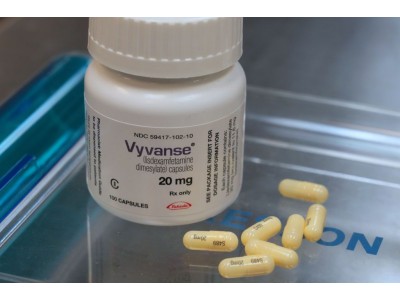People might take different dosages of Vyvanse (lisdexamfetamine) based on their workload due to its role in managing symptoms of attention deficit hyperactivity disorder (ADHD) and sometimes binge eating disorder. Vyvanse is a stimulant medication that helps improve focus, concentration, and impulse control, which can be crucial for effectively managing tasks that require sustained mental effort and attention.
The primary reason for varying dosages is to align the medication's effects with the demands of the day. On days with a heavier workload or tasks requiring intense concentration and cognitive endurance, a higher dose might be necessary to maintain productivity and manage symptoms more effectively. This can include situations such as taking exams, completing significant projects, or participating in important meetings. Conversely, on days with a lighter workload or fewer cognitive demands, a lower dose may be sufficient to manage ADHD symptoms without the risk of overstimulation or side effects like anxiety, jitteriness, or insomnia.
Additionally, individual responses to medication can vary significantly. Some people might find that their optimal dosage fluctuates depending on factors such as sleep quality, stress levels, and physical health. Personalizing the dosage allows for better symptom management tailored to their daily needs and minimizes potential side effects.
However, it is essential that any adjustments to dosage are made under the guidance of a healthcare professional. Self-adjusting dosages without medical supervision can lead to inconsistencies in treatment effectiveness, increased risk of side effects, and potential misuse or dependency. A healthcare provider can help determine the most appropriate dosage strategy, ensuring the medication is used safely and effectively to manage ADHD symptoms in accordance with the individual's lifestyle and workload demands.
